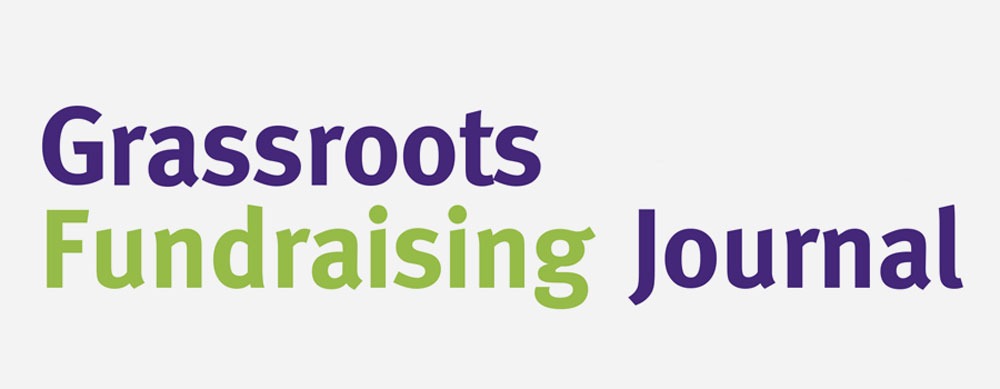
November 13, 2020; Nonprofit Quarterly
Asking a person for money face-to-face is an acquired taste. Few people love to do it initially; in fact, most people are afraid to do it. If you are afraid to ask for money, that’s normal. If you are not afraid, that’s great. Stop reading this article and go ask somebody for a donation!
People are afraid to ask for money for a wide variety of reasons. However, it is important to understand that everything we think and feel about money is learned. Children have no trouble asking for anything. They ask over and over, and don’t even seem to hear the word no until it has been said several times. But by the time most of us have reached the age of ten, our ability to ask for what we want has been trained out of us…
This jewel from Kim Klein’s classic “Getting Over the Fear of Asking for Money” is one among many at the new treasure trove at NPQ, in the archives of the Grassroots Fundraising Journal. Here too are such classics as “How to Ask the Right person for the Right Amount,” also by Klein, and a host of other content, including field reports like “How we Raised Money in a Hurry” and “Fundraising in Your Own Backyard: Inviting Clients to be Donors.”
When the Grassroots Fundraising Journal (GFJ) stopped publishing a few years ago, it left a big hole in the leadership infrastructure for social activists. For those of us who considered its grounded yet often profound and principled advice a trusted and irreplaceable guide, we already had its messages seared into our brains to be recalled whenever they were needed. Those not around to have been immersed in its richness while it was still active, however, weren’t not so lucky.
Sign up for our free newsletters
Subscribe to NPQ's newsletters to have our top stories delivered directly to your inbox.
By signing up, you agree to our privacy policy and terms of use, and to receive messages from NPQ and our partners.
But now, we are incredibly excited to report there’s another bite at the apple, because the GFJ archives, pared down to its most timeless content, have now moved in with NPQ, where all of you—our readers—will be able to avail yourselves of and even add to its timeless wisdom for decades more to come.
For the uninitiated, GFJ was published from January 1982 through August 2018. In that time, it earned a reputation for helping activists understand the relationship between fundraising and organizing. GFJ helped thousands of organizations build the power to demand change by growing a reliable base of individual donors who were also constituents.
The case studies GFJ published proved that no organization needed to take foundation grants for work that was not part of its core mission, and that even small organizations could raise big money. Although the Grassroots Fundraising Journal stopped publishing two years ago, it provides a collection of practical information on all kinds of fundraising strategies—from special events to bequests and from e-appeals to face-to-face asking—in one easily sortable database. Articles discuss how to set a goal, pick a strategy, create a plan, go back to donors year after year, and build a board of directors.
Kim Klein, GFJ’s cofounder, says, “We are grateful to the Nonprofit Quarterly for providing a home for this archive and assisting in its maintenance and upkeep. NPQ was often a partner with GFJ in marketing, writing, and research over the years, and it is entirely appropriate that this collection ended up here.”
Finally, this collection is unusual among NPQ’s offerings in that it has an open-source aspect to it. We thank all the authors who have allowed their articles to be licensed under the Creative Commons, so anyone can download and use any article without paying a fee or seeking permission. Readers are invited to add to and update the articles in the collection to keep it relevant even as changes occur in our environments. The only requirement we have for this is to acknowledge the original article and author.
So, please explore the archives today and pass this message along to friends and colleagues. And, as always, we welcome your own stories of fundraising in these extraordinary times.—Ruth McCambridge












